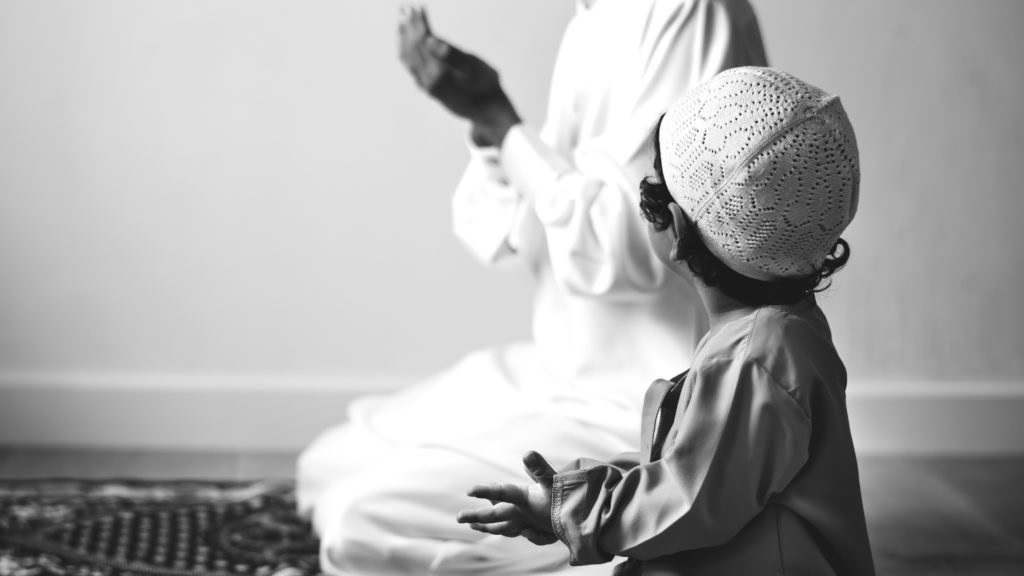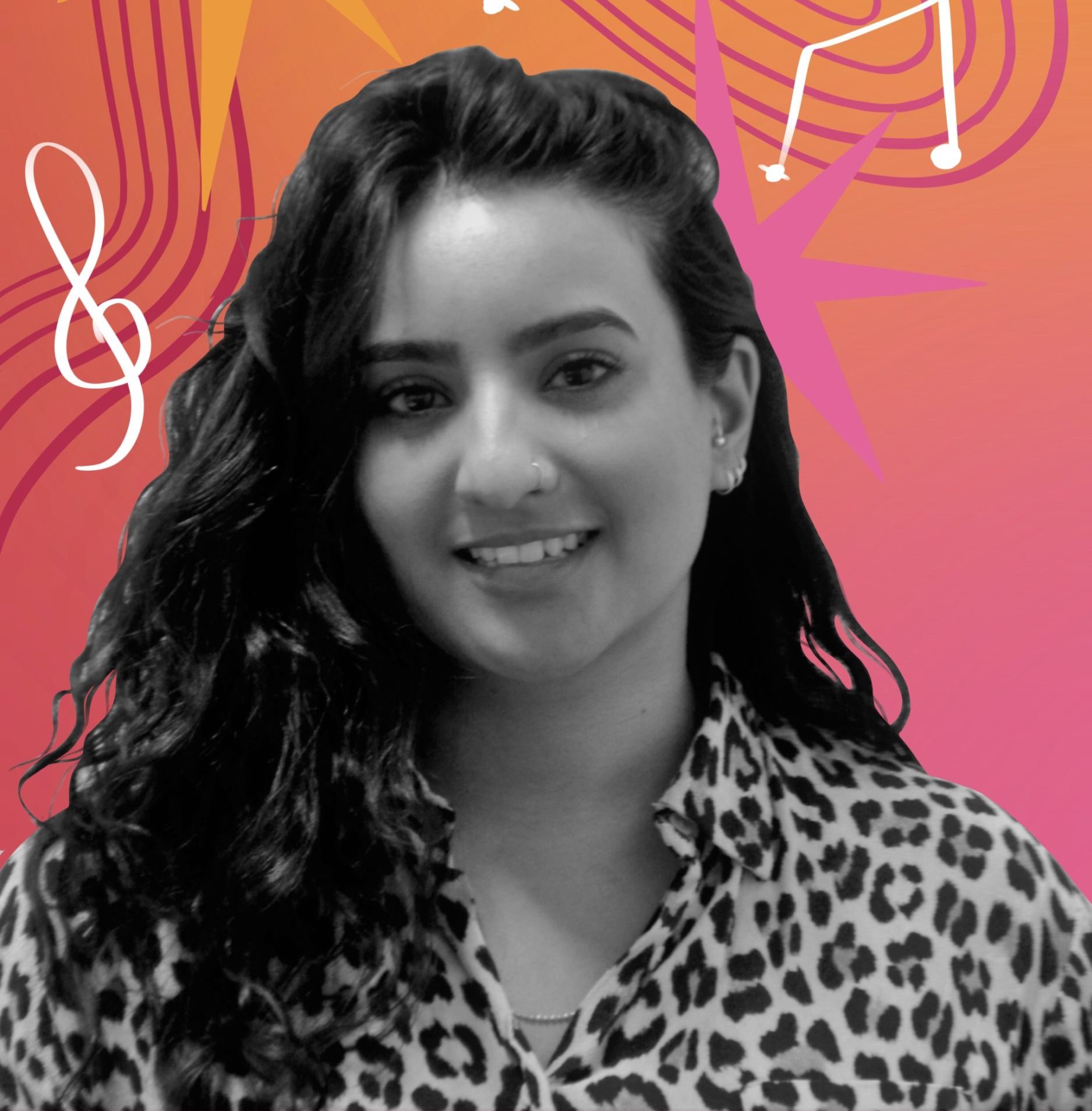Islamophobia Awareness Month – Tackling Islamophobia in 2021
Islamophobia Awareness Month highlights the dangerous and threatening hate crimes towards the religion of Islam and Muslim communities, but it also uses the month as an opportunity to showcase the positive contributions of British Muslims to society.
Since 9/11, in the UK and many other parts of the world, there has been a growing fear, hatred and prejudice against the religion of Islam and/or Muslims. Hate crimes increased and many people felt it was difficult to speak up about lived experiences of racism, including our Head of Content and Partnerships, Sangeetha Mahadevan.
The UK is full of people from all walks of life, from different creeds and cultures. It is important to acknowledge the many different religions and faiths that co-exist. World peace may be a long way off, but each day we can take another step-in learning about, understanding and accepting other people and the fabric which makes up their lives; as for a substantial proportion of people, their faith is paramount to their identity.
We spoke to two of our team members, Foreda Begum and Ayeesha Starkey, on how they define Islamophobia and how people can shake their biases and dispel widely spread stereotypes and myths of Muslims.
Tackling Islamophobia during #IAM2021 and beyond
How would you define Islamophobia?
Ayeesha Starkey: Discrimination against anyone who follows and/or believes in Islam – this is due to the irrational fear that any Muslim you may meet might be a part of an Islamic extremist group or is stereotyped into that category due to the proliferation of whitewashed media.
Foreda Begum: I find it difficult to define because it looks so different to different Muslims; when it is felt, it often cannot be understood by others beyond the Muslim community. But I think in the simplest terms, Islamophobia is not just restricted to the faith, but heavily intertwined by race as racism is often the heaviest motivator for someone to be Islamophobic.
Why is Islamophobia Awareness Month important?
Ayeesha Starkey: To bring to light that this is an issue that needs to be addressed and not side-lined.
Foreda Begum: To be honest, I didn’t even know it was even a thing! For non-Muslim/POC communities to understand what it is, there needs to be a day or month to commemorate it because it seems as though this is the only time we are given the mic to speak about the experience. This calendar month is important as it gives us an opportunity to own our narrative and experiences, which in turn will help wider communities to understand, but only if they’re truly listening and open to taking in this information.

Have you ever experienced prejudice, hostility, hatred, exclusion, restriction, or discrimination because of being Muslim?
Ayeesha Starkey: Yes. To begin with, my name is very religious so even before someone meets me there might be that prejudgment that I am Muslim. Whilst in a professional environment, that assumption is then translated into microaggressions along with the mocking of how “all Arabs and Muslims are just terrorists and secret spies”. With those types of comments, it diminishes all culture, art, music and academy that the community offers. Rising above these stereotypes of Arabs and Muslims is a topic that should be educated and discussed to a point of understanding. At OMG UNITE, I and others in my team, feel respected no matter what our religious or cultural background is – something a lot of have not had the luxury of experiencing in the past.
Foreda Begum: Sadly, I think it’s kind of a rite of passage as a Muslim but as I said everyone experiences it in different ways. Luckily, I grew up in East London where everyone pretty much looked like me, so I was protected by that. I experienced it on the off chance when my family and I went to Green Street to shop on game day; (when West Ham stadium used to be there) we had the occasional slur like ‘rag head’, ‘terrorist’, or ‘Batwoman’ (which I thought, props for creativity!) But you just ignore it.
How did it make you feel?
Ayeesha Starkey: It made me proud of being part of a community that is based upon peace, serenity and doing good for the sake of others.
Foreda Begum: I think I only truly felt it when entering the world of work – it was the first time I was the only Muslim present and at the time, there was no diversity bandwagon. These have been more insidious experiences because it’s hard to explain – being othered, or the completely bizarre interactions when you feel you must make your peers feel better when they have said something offensive by saying, ‘don’t worry, it’s not that bad’. Microaggressions go unnoticed and I know many Muslims across industries just take it on the chin because it’s just a daily occurrence. Companies can hire Muslims but if they don’t understand the community or make them feel comfortable, they contribute to the problem. Being in OMG UNITE was the first time I could truly breathe because I could be myself.
What can others do to stop Islamophobia?
Ayeesha Starkey: Listen and learn from people that have experienced discrimination.
Foreda Begum: Stop relying on unconscious bias training as any barometer to where you stand – it is a starting point but not a tool to give yourself a pat on the back. Understanding Islamophobia is not just a foreign concept EDL die-hards practice, but something that you can contribute to, without consciously knowing or being aware of. Also, in simple terms, make Muslim friends, and no, I do not just mean the only Muslim in your team but make an active effort to broaden your social circles – you will soon see we are not a monolith; this can possibly and hopefully eradicate the biases you may have.
Do you think the media has positive portrayals of Muslims? What can they do better?
Ayeesha Starkey: Not as much as there should be, however the integration of Muslims within film, music etc. is slowly moving away from the physical tropes that you would usually associate a Muslim with and more towards the personality and experience of the individual. A way that we could improve positive portrayals, is by focusing on the individualistic aspect and setting aside religion/beliefs.
Foreda Begum: The effort is there, but the portrayals of Muslims will only change when Muslims are hired to be behind the camera, are in the strategy/planning meetings and genuinely controlling the narrative. Otherwise, it’s always a half-baked job where non-Muslims are applauded for something that didn’t include Muslims until shoot day. For example, a tired but hilarious trope all over Netflix these days is the Hijabi girl who takes off her scarf when she falls in love with her forbidden white boyfriend. It completely eradicates the sacredness of the Hijab and if the people creating these shows truly took the time to understand the reasons why we wear one, these portrayals would seem ridiculous to them too.
Why is it important to educate people about Islamophobia?
Ayeesha Starkey: To reduce and notice when discrimination, hatred or harm is being caused just because someone is a Muslim.
Foreda Begum: The onus should not be on Muslims to educate people about it, as you can imagine, we are tired of proving it even exists. People need to take the initiative and teach themselves. There are plenty of excellent resources to learn from – Omar Suleiman, Amaliah, Aamer Rahman, MEND, Cage, Creed and Culture are just a few who are pure excellence.
Useful resources on Islamophobia
To find out more about Islamophobia Awareness Month, read more below:
MEND (Muslim Engagement and Development)
Runnymeade Trust
British Muslims – Facts and Figures
History of Muslims in Britain
